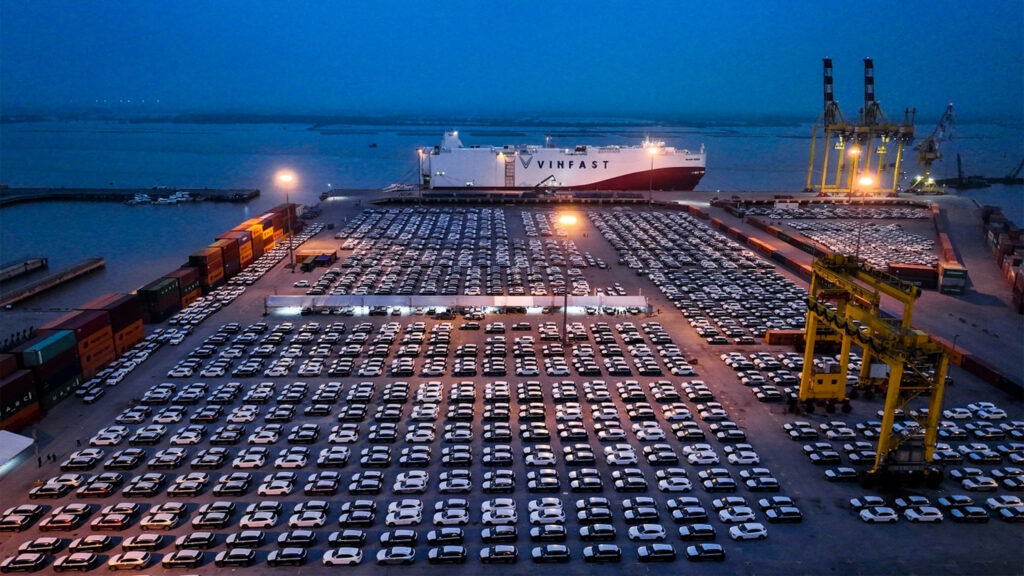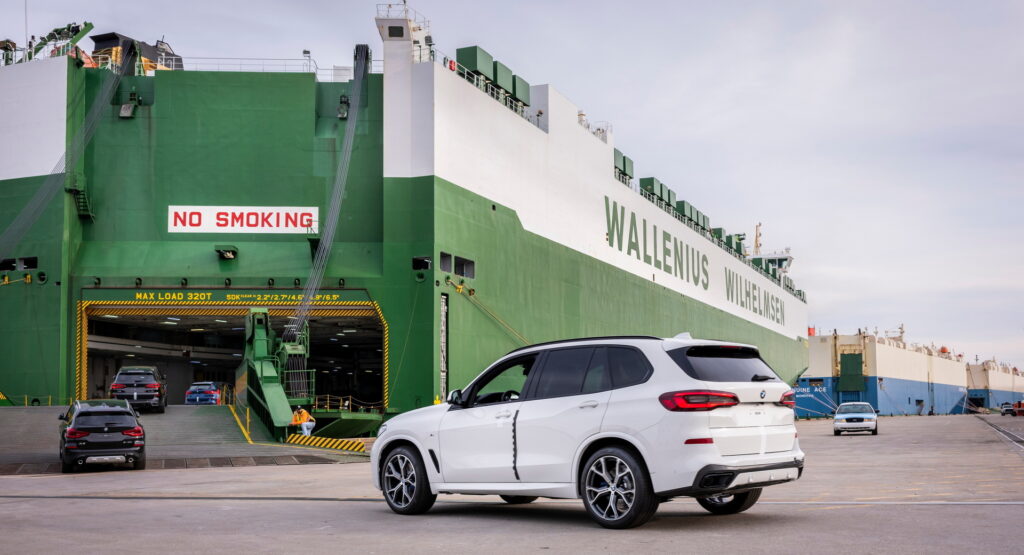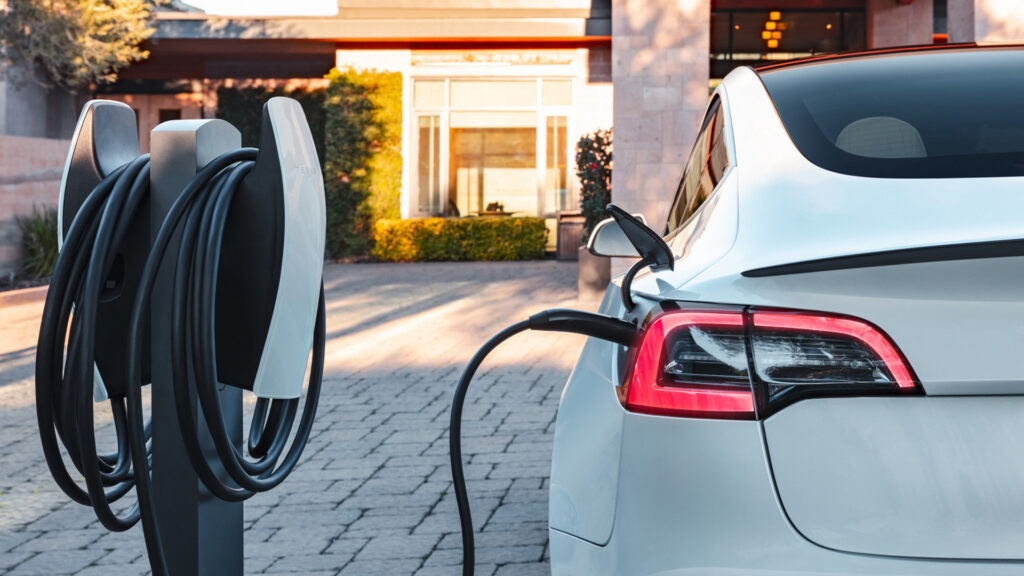
- Overburdened U.S. ports illustrate how car manufacturers are preparing for significant impacts from tariffs.
- Audi and Jaguar Land Rover have halted their deliveries to the U.S. due to increasing concerns over import taxes.
- Several automotive manufacturers are redirecting their imports to bonded warehouses to postpone paying tariffs.
The trade war might have begun as just news material, but its impacts are now visibly felt at ports all over America. Caused by President Donald Trump’s An aggressive tariff policy has not only caused volatility in the stock market with erratic fluctuations; it has also compelled car manufacturers to fundamentally reassess their operations within the U.S.
Read: The Genuine Casualties of Trump’s Tariffs Could Be American Automakers Themselves
Even though the President temporarily halted his extensive "reciprocal" tariff increases for 90 days in various international relations, the distinct 25% tax on cars and auto components stays intact. This ongoing duty serves as a warning signal that automotive manufacturers cannot overlook.
Numerous companies have opted for a 'watchful waiting' approach, fully cognizant that the President may abruptly shift his stance without warning. As a result, countless recently imported cars are currently detained at harbors nationwide. United States while numerous brands have completely halted deliveries to the US, keen on avoiding any unwanted tariffs.
Vehicles Are Trapped,Ports Are Overflowing
Speaking with The Financial Times Unnamed executives from the logistics and automotive industries report that imported vehicles are accumulating at U.S. ports, with several nearing their maximum capacities. Brands like Aston Martin, Audi, and Jaguar Land Rover are among those affected. have temporarily suspended shipped to the U.S., hoping their present stockpiles will be sufficient until lasting solutions are implemented with the nation’s trade allies.

Understandably, car manufacturers are employing all possible tactics to dodge the substantial new duties. Besides keeping automobiles at American ports until importers pay the required tariffs and release them onto streets, certain manufacturers aim to transfer imported vehicles into US bonded storage areas. This move would enable automotive firms to hold onto their newly acquired cars without incurring tariff charges.
Uncertainty regarding the matter has sparked worry as well. Despite this, Trump has recently enforced a flat 25% tariff Last week, taxes were applied to all imported vehicles, and officials vowed to levy duties on components of foreign-manufactured cars starting May 3; however, numerous specifics still lack clarity.
A German automotive leader informed the Financial Times that it remains unclear how to define a car component: "Should we consider an engine as one piece of equipment, or should every single screw within the engine be classified separately?" This indeed raises an important point. In the absence of specific regulations, local vehicle owners may encounter difficulties obtaining essential parts—posing significant challenges for those requiring maintenance work and posing even greater problems for repair shops that could wind up holding vehicles they lack the necessary pieces to mend.

